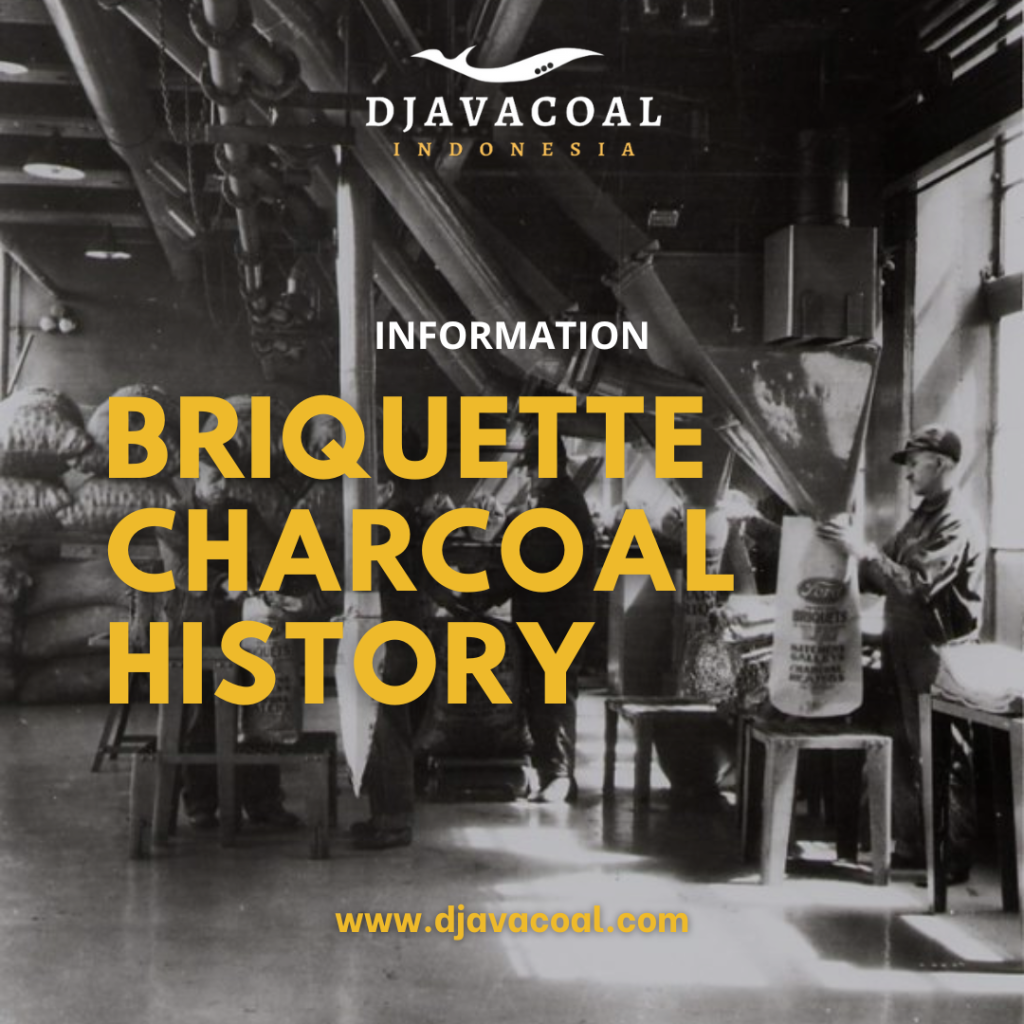Briquettes Charcoal History
charcoal information
Briquettes Charcoal History , KINGSFORD – Many Michiganders may not know the familiar Kingsford brand of charcoal briquettes they use for summer barbecues had its roots in a company that started in the 1920s in Dickinson County — and had ties to Ford Motor Company founder Henry Ford.
In 1880, 18-year-old E.G. Kingsford began his career as a timber cruiser for a land agent in the Upper Peninsula of Michigan. As time passed, he also dealt in logging, timber sales and real estate across the Upper Peninsula.
In 1890, he married Mary Frances “Minnie” Flaherty, who lived in Iron Mountain and was a first cousin to Henry Ford. That marriage set in motion the events that led Kingsford’s name to becoming a national brand.
Ford and Kingsford went on a number of hunting trips together in the Upper Peninsula over the years and developed a trusting relationship. They seemed to be cut from the same cloth as hardworking and industrious men. Henry Ford often sought Kingsford’s advice, which did not always sit well with Ford management in Dearborn, since they knew Kingsford had Ford’s ear whenever needed and did not have to go through normal channels to talk to him.

Besides buying timber land and existing sawmills, Ford wanted to build the largest, most modern wood-processing facility in the world. Wood alcohol-based chemicals were a much-needed part of the Model T’s production.
Ford employed the Stafford-Badger process of the distillation of wood.

Taggart transferred ownership of his patent to Ellsworth B.A. Zwoyer of Pennsylvania, who created his own design for a “Lump of Fuel” in 1897. Initially, Zwoyer made limited use of the invention.

Four years later, the Iron Mountain Ford Motor Company plant closed. A consortium of industrialists, local and otherwise, took over the former Ford facilities and formed the Kingsford Chemical Company.
The Kingsford Chemical Company began distilling wood and briquette charcoal under the Kingsford brand name. The company resumed the sale of charcoal grills and targeted the outdoor grilling market. It was also instrumental in developing charcoal starter fluid, a product of the wood distillation process.
